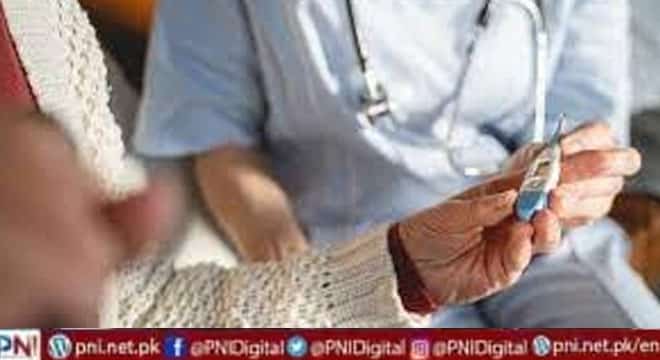Islamabad Aug. 23 (Online) – There’s little doubt long COVID is real. The federal government recognizes long COVID as a condition and said in two reports issued in August that one in five adult COVID-19 survivors have a health condition related to their illness.
COVID-19 can damage multiple organs in the body. Sometimes this damage leads to long COVID; sometimes other reasons are at play. Doctors are beginning to sort it out.
There’s a difference between long COVID and an acute infection with lasting effects, doctors say.
“COVID itself can actually cause prolonged illness, and we don’t really call that long COVID,” says NishaViswanathan, MD, a doctor at UCLA Health in Los Angeles. But if symptoms extend beyond 12 weeks, that puts patients in the realm of long COVID, she says.
Symptoms can range from mild to severe and can keep people from resuming their normal lives and jobs. Sometimes they last for months, according to the U.S. Department of Health and Human Services.
Multi-Organ Damage
Lung scarring and other lung problems are common after COVID, says LeoraHorwitz, MD, an internal medicine specialist at the New York University Grossman School of Medicine. Even after a mild case, people can have breathing issues for months, a team at Johns Hopkins Medicine says in an online briefing. One study published in the journal Radiology found damage in people a full year after a COVID-19 diagnosis.
Some people have persistent heart, kidney, liver, and nervous system problems after COVID-19. A study published in 2020 in the journal JAMA Cardiology found 60% of people who had COVID-19 had ongoing signs of heart inflammation. Nearly a third of people hospitalized for COVID-19 get kidney damage that can become chronic, and some end up needing dialysis or a transplant, says C. John Sperati, MD, a kidney specialist at Johns Hopkins Medicine in Baltimore.
This might be, in part, because SARS-CoV-2, the virus that causes COVID-19, directly infects the cells in many organs.
Nicole Bhave, MD, a cardiologist at University of Michigan Health, is concerned that COVID-19 appears to increase the risk of heart problems in some people.
Follow the PNI Facebook page for the latest news and updates.









